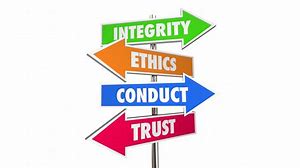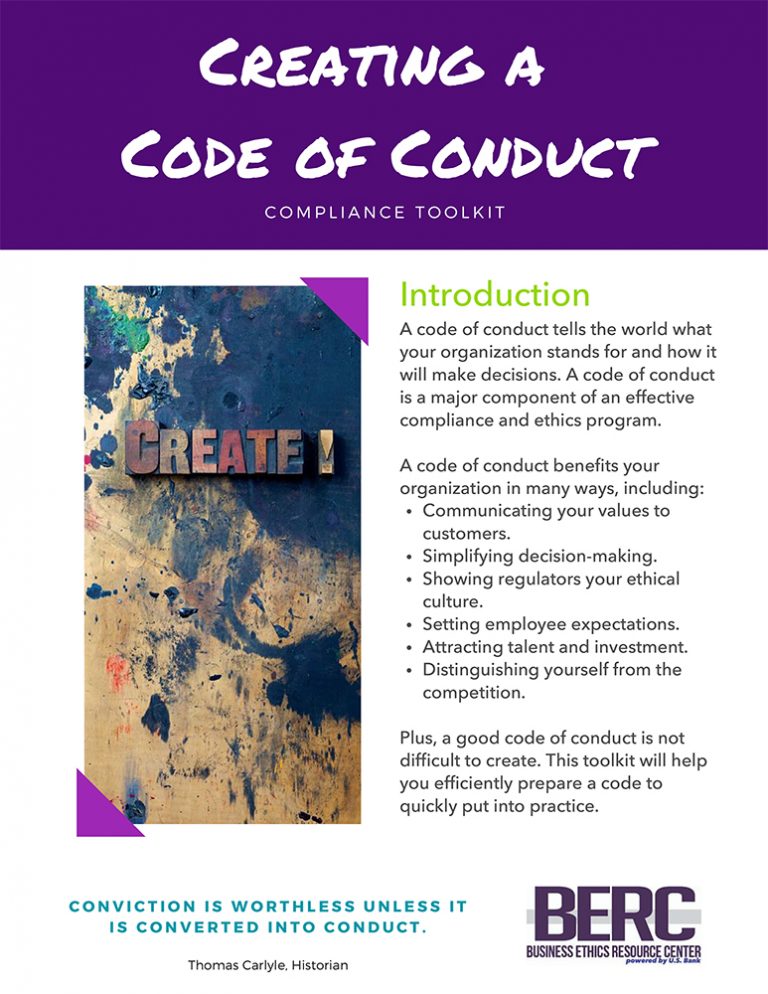
Many businesses have no formal ethics or compliance program. These organizations may see such a program as unnecessary or high-cost. But ethics and compliance yields many benefits to businesses. They improve company reputations. Studies show that organizations with programs are more successful. And an effective program attracts the kind of employees you want — and helps retain them.
But there’s a lesser-known benefit to prioritizing ethics and compliance. Should your business violate any federal regulations, it may be subject to penalties and other consequences — even if top management didn’t know about the wrongdoing. In such a case, the courts take your ethics and compliance program into account and reduce penalties accordingly.
In one notable case, Morgan Stanley faced potential penalties when an employee mischaracterized payments to a foreign official in violation of federal law. The employee, Garth Peterson, was charged with criminal violations by the Department of Justice and the SEC.
Typically, the employer would also be in trouble in such a case. But Morgan Stanley was not charged, despite its employee’s wrongdoing. The Department of Justice looked at Morgan Stanley’s existing compliance program and declined to hold the company accountable. Specifically, the DOJ pointed out that the program was regularly updated, featured repeated training, and monitored transactions.
Peterson had to work hard to evade these effective controls. Because Morgan Stanley’s compliance team developed and maintained a thorough program, the DOJ did not hold the company at fault for Peterson’s acts. Morgan Stanley also received credit for fully cooperating with the authorities.
The Morgan Stanley example is a good reference point for how to make sure a wildcard employee doesn’t damage an employer’s finances or reputation.
Stacey Supina, Center for Ethics in Practice, University of St. Thomas


